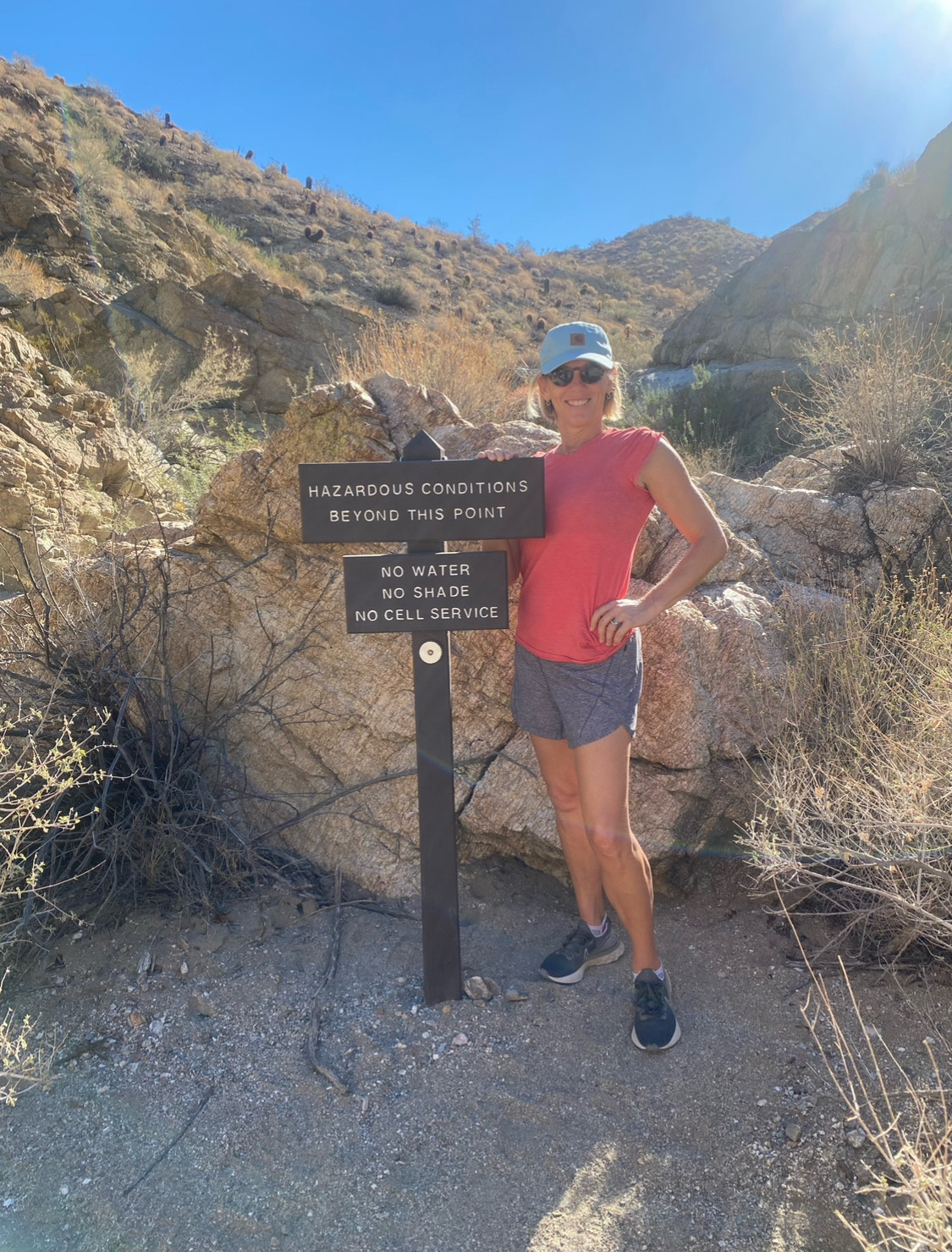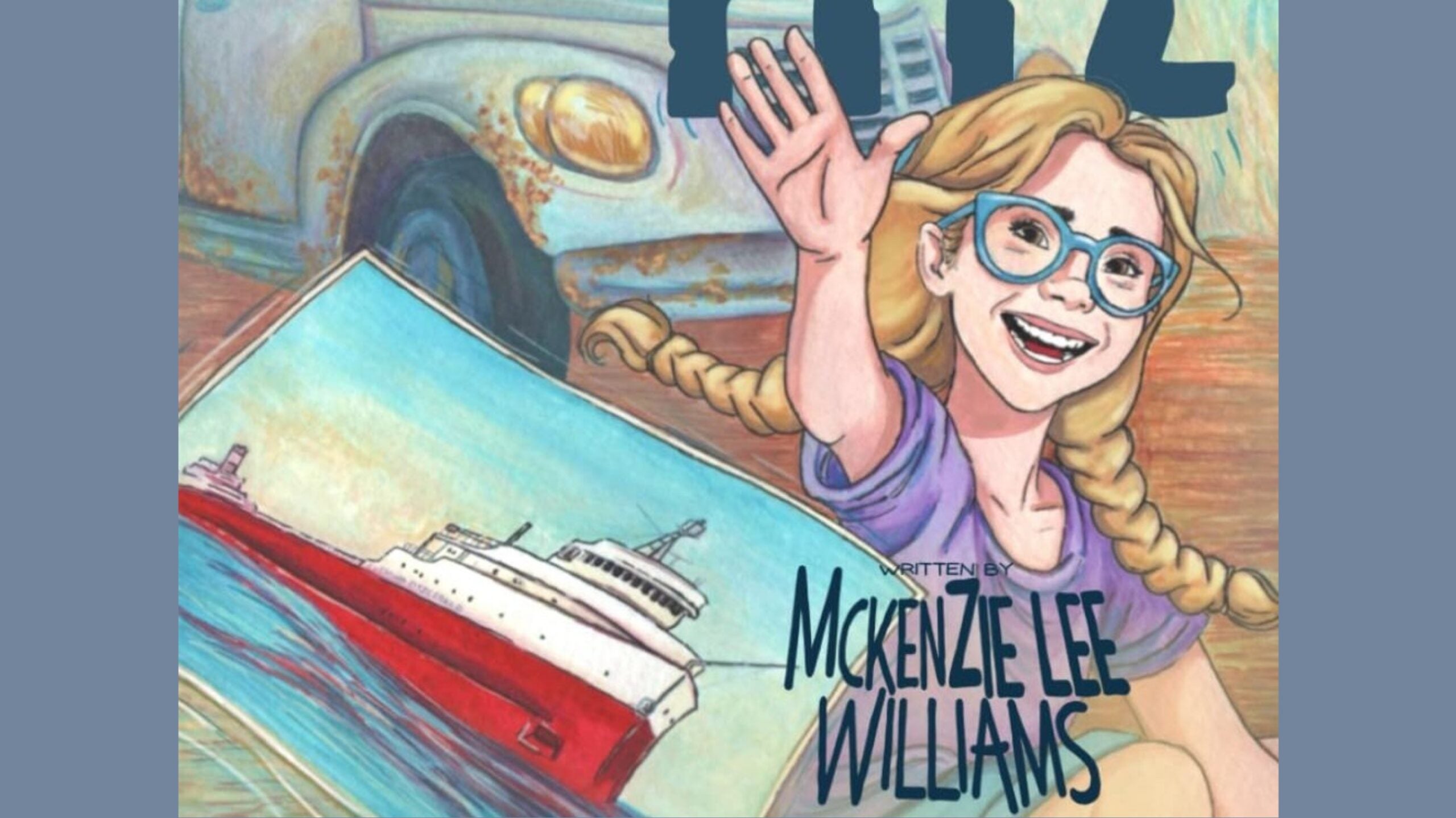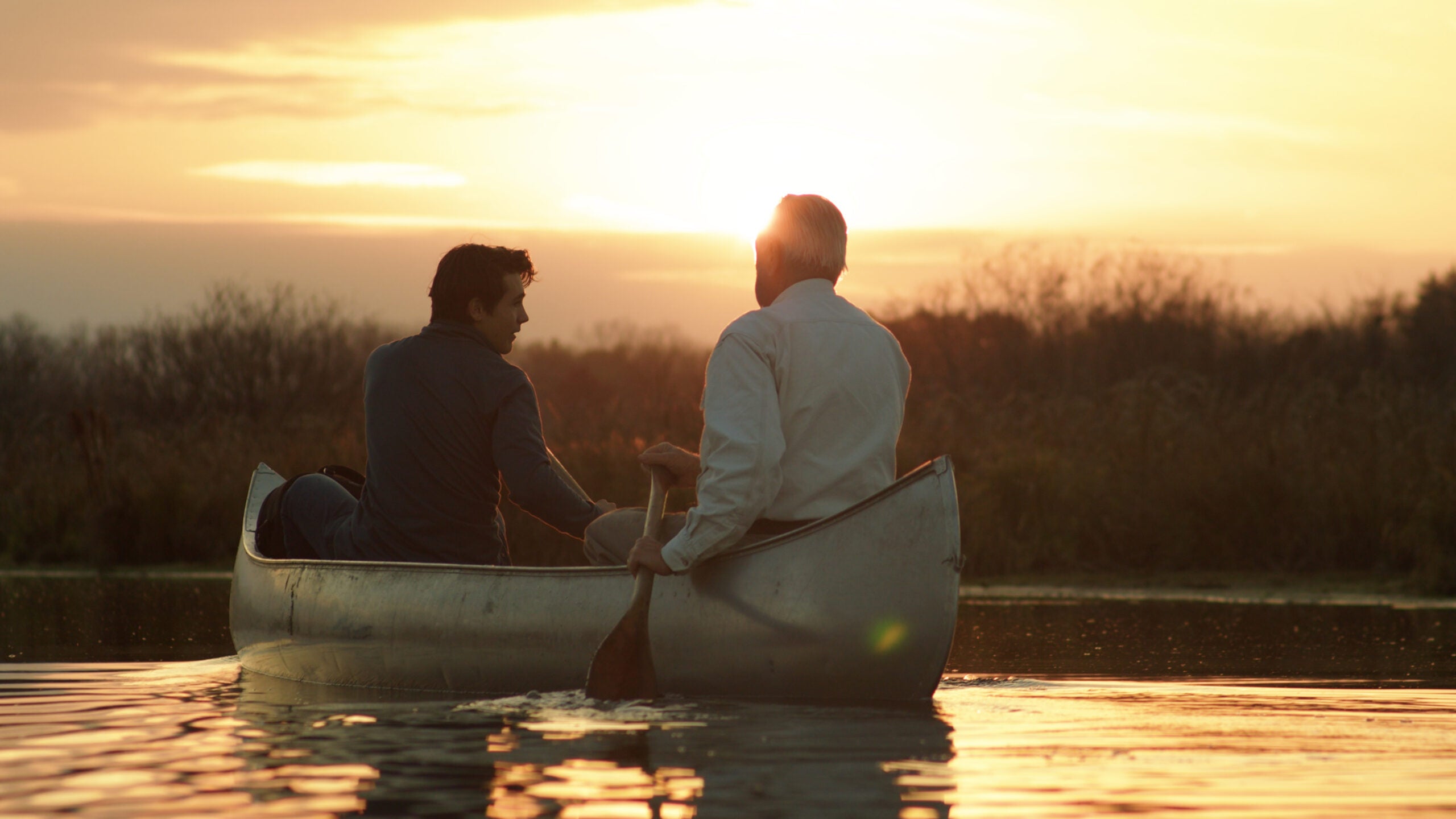In “The Snowbirds,” a fictional couple from Madison heads to Palm Springs for the winter, trading the Wisconsin snow for the California sun.
Kim and Grant are grappling with life changes in late-middle age. Maybe an extended vacation will be refreshing — help them zoom out, find some clarity, and make some choices before heading back home.
On the drive, their Prius dies in the Mojave Desert. It strikes Kim that her surroundings are “what rural Wisconsin would look like after the apocalypse.” But is that necessarily a bad omen? Or is their car just unaccustomed to the heat — like Grant?
News with a little more humanity
WPR’s “Wisconsin Today” newsletter keeps you connected to the state you love without feeling overwhelmed. No paywall. No agenda. No corporate filter.
“I wanted to write a book that would bring characters from Madison to a place like Palm Springs and just see what happened,” author Christina Clancy told WPR’s “Wisconsin Today.”
Clancy and her husband spent several months in real-life Palm Springs during the height of the COVID-19 pandemic. She said her experiences as a temporary resident there helped inspire the book.
“I was really surprised at how culturally different Palm Springs was from Madison and how it brought out different sides of my personality,” Clancy said. “Just being warm for a long period of time, and being warm at a time when I’m used to being cold, made me feel like I had discovered something new. I felt like I was in a whole different world.”
In the interview, Clancy also discussed Kim and Grant learning to trust one another, their unconventional relationship — and how Grant gets lost on a desert hike and never comes back.
The following was edited for clarity and brevity.
Kate Archer Kent: Your main characters Grant and Kim aren’t married, but they’re very committed to each other and have twin adult daughters together. How has their relationship changed over time?
Christina Clancy: They have dealt with a series of crises and Grant doesn’t deal so well when he’s upset. So he’s had some emotional walkabouts when he and Kim have been dealing with relationship problems. And it hasn’t happened very often, just a few times, but it’s made Kim nervous about trusting that Grant is going to be there when she needs him the most.
She’s so used to being independent and when Grant goes on a hike and he doesn’t come back, she’s forced to really examine their relationship. She has a lot to learn about what her relationship really has been, what it could be, and what it is.
KAK: Can you tell us about this theme of getting lost?
CC: Getting lost is a metaphor for so many things, right? I’d say these characters are definitely lost in life right now, as they face late middle-age and their future is looming in front of them. They’re also kind of lost to each other. They haven’t really connected that much in their relationship the way that they should. And then to get lost physically in space is the most disconcerting feeling.
I wanted to explore it because I’m a hiker myself. When I would go on hikes in Palm Springs, there often weren’t other people on the trails. Every now and then, I’d get lost in my thoughts, and I’d look up and not know where I was. It’s such a startling feeling.

I also met someone in our condo complex in Palm Springs who went on a hike with a friend, and one of them ended up getting lost for three days. That is about as long as you can be lost before people start thinking that they’re going from a “rescue” to a “recovery.”
As much as I wanted to know about what happened to the person who went missing, I was more interested in what it was like for his wife and the people in the condo community. They told me about waiting for news of his survival and I just couldn’t imagine how terrifying it would be to think that someone you love could walk out into the mountains one morning and never come back. Ever. How would you move forward in life knowing they could be out there somewhere? Anywhere? Or maybe they’re not there?
KAK: In your book, the head of the search party for Grant says, “Fear can kill you before anything else does.” What is it like to write about this type of fear and figure out how it might affect your character?
CC: I was surprised to learn about what happens when people go missing. When you think you might be missing, there’s a moment of realization. When you know you’re really, truly lost, you can just melt down and be blinded by panic. You can forget your own name. You don’t make good decisions when you’re in a situation like that. It’s a fear that’s so primal. Even navigation is a really primal thing. We almost forget how important navigation is now that GPS is available to us all the time. So I loved researching the overwhelming fear that people have when they get lost.
KAK: I was struck by the amount of volunteers and responders in your book who rescue people who get lost in the desert. Did you interview emergency personnel to help prepare for this aspect of the book?
CC: I did. I talked to a lot of the members of the Palm Springs Mounted Police. They’re a volunteer organization and it’s their passion to go out and find people who are lost. They really do everything possible to make sure that people are recovered from the desert or the mountains when they go on a hike. It is really life- affirming to think that every life matters, to know that there are that many people who are willing to put their own safety at risk and go out in the mountains and look for someone.
Editor’s note: Clancy is also joining WPR’s “The Larry Meiller Show” on Feb. 20 to talk about “The Snowbirds” for Larry’s first book club of the year.
Wisconsin Public Radio, © Copyright 2025, Board of Regents of the University of Wisconsin System and Wisconsin Educational Communications Board.






